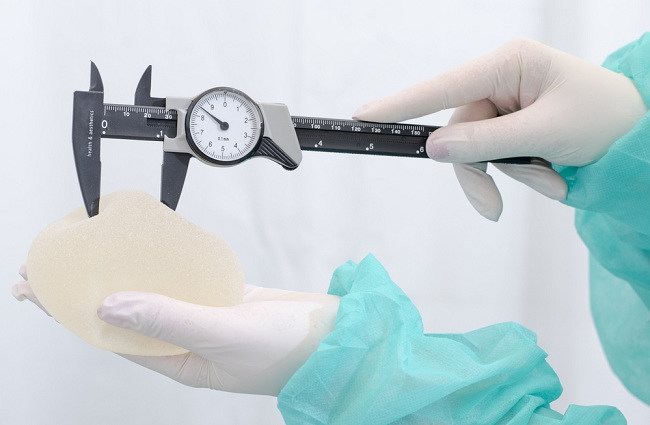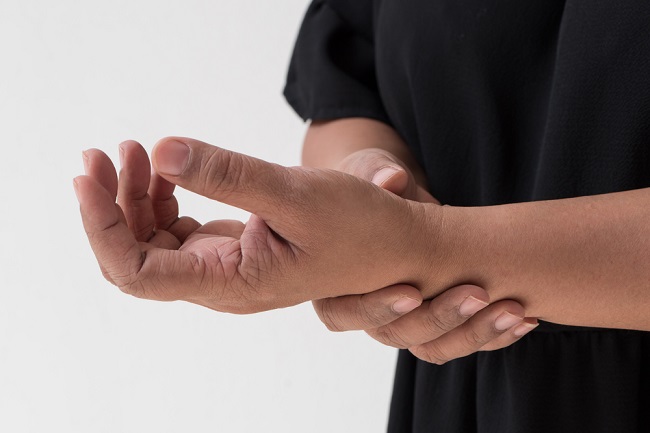The process of giving birth is not an easy thing. For the sake of giving birth Si Ksmall, your wife is willing to endure such intense pain, even risking her life.Although never gave birth, You need to know how your wife feels during this process.
There are three stages that women will go through during the birthing process. Before entering this stage, a woman's body will prepare itself in advance to face this important moment. The signs may appear hours or days before entering the first stage of childbirth.

The following are signs your wife may be experiencing:
- Have contractions that come and go.
- Frequent back pain
- Back and forth to the toilet because I feel heartburn.
- Emotions are volatile.
Usually, when the signs above appear on your wife, you don't necessarily have to take her to the delivery home, unless her water has broken or reddish mucus has come out of her vagina. However, you must remain alert and always be near your wife when she has entered this stage.
Stages of the Labor Process
The length of the birth process for each woman is different. Some are fast and some are longer. But in general, your wife will experience the following stages of labor:
First stage
In this first stage of labor, your wife will experience three phases, namely:
Initial phase
The initial phase is the longest process during labor. Usually, for women who are giving birth for the first time, this phase can last for several hours or it can take several days.
In the initial phase, your wife's cervix or cervix will begin to dilate to about 3-4 cm and she will feel labor contractions that are getting stronger and stronger. In addition to contractions, your wife may also experience cramps, back pain, and discharge with mucus or fluid accompanied by a small amount of blood from her vagina.
For some women, this is a phase that makes them uncomfortable. now, to deal with the discomfort, you can take him for a walk, massage his back or legs, remind him to practice breathing techniques, or help him find a comfortable position.
Active phase
Entering the active phase, your wife's cervix will open from 6-10 cm. The contractions he felt were also getting stronger, longer, and more frequent. Usually, the amniotic fluid will break at this stage and your wife should be in the delivery house.
In women who have already given birth, the duration of the active phase usually lasts about 5 hours. But in women who are pregnant for the first time, this phase can last from 8 to 18 hours.
Transition phase
When the active phase ends, there is a period called the transition phase. In contrast to the two previous phases, in this transition phase, the strength of the contractions will increase drastically so that it feels very painful.
The frequency of contractions also feels quite intense, can appear every 2-3 minutes and lasts for 60-90 seconds. In this phase, your baby's head has started to move down from the womb.
Second stage
The second stage is a tiring time for your wife because she has to put all her energy into pushing to get the baby out of her womb. At this stage, the cervix will stretch along with the baby's head that will come out. This condition can make your wife feel excruciating pain.
The process of pushing can take from 30 minutes to 2 hours. The second stage may take longer if this is your wife's first experience of giving birth or if your wife is taking an epidural.
For husbands, never get tired of continuing to provide the support your wife needs, especially in difficult situations like this. Say a sentence that can cheer him up, such as, “Come on, honey, our child will be born soon. You can do it."
Third stage
After your baby is born, your wife's struggles don't stop here. She is about to enter the final stage of labour, where your wife will have to expel the placenta.
At this stage, mild contractions may appear to facilitate the process of releasing the placenta from the uterine wall. Usually this process takes 10-60 minutes.
When the baby and placenta have come out, you and your wife will have mixed feelings. Starting from feeling incredibly tired to feeling relieved and happy because finally the Little One was born.
After that, your wife will go through the process of suturing the birth canal if there is a vaginal tear or if your wife undergoes an episiotomy.
Even though it is the wife who undergoes the birth process, the husband must also take part in it. By knowing your wife's birthing process, at least you can be involved and feel her struggles in the delivery room.









